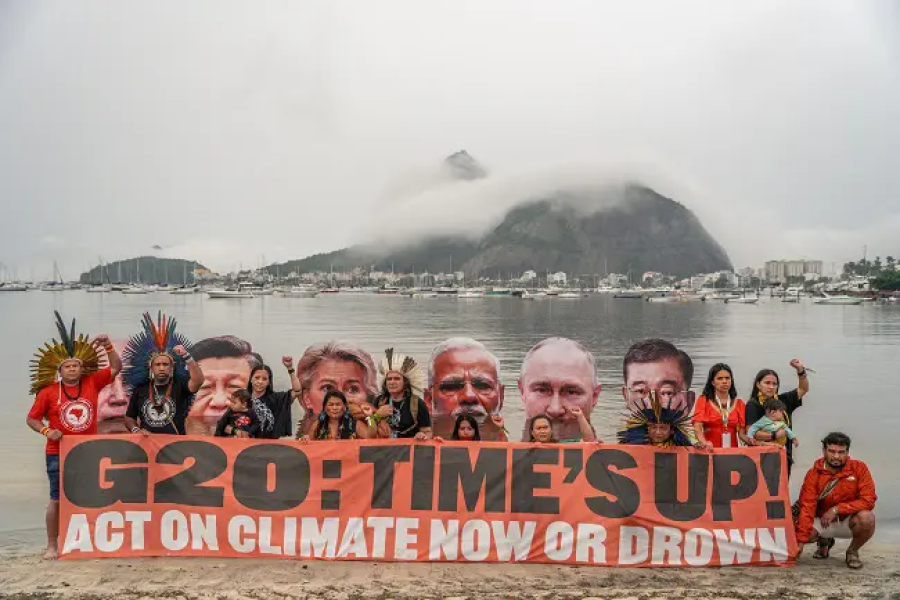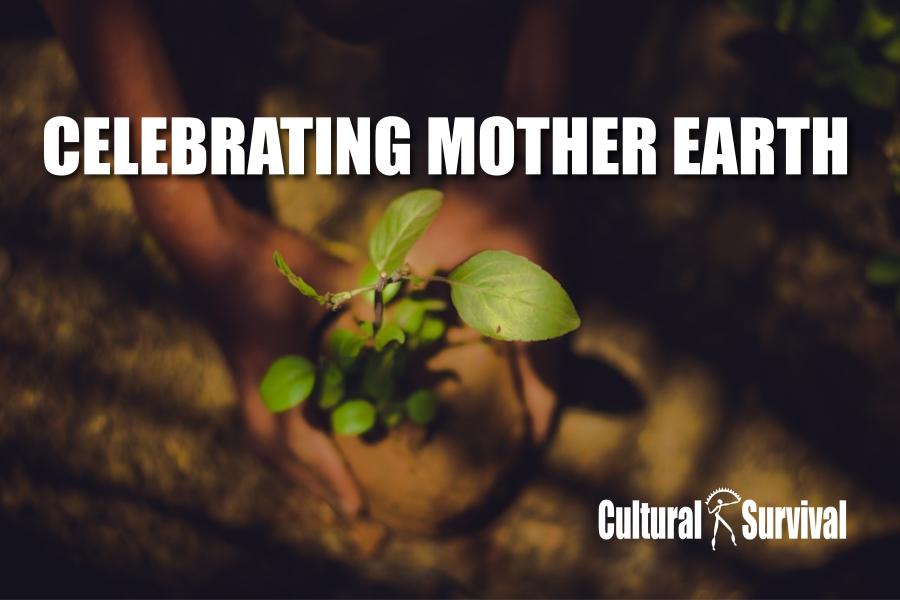
More than 50 Indigenous delegates are participating in the meeting of the United Nations Commission on the Status of Women. The meeting, known as CSW59, takes place from March 9th to the 20th in New York.
Tarcila Rivera Zea, a Quechuan activist, has denounced that judicial systems in Latin America lack the necessity to receive the complaints of indigenous women, which violates their fundamental rights and puts them in a situation of extreme vulnerability.
During a press conference, the coordinator of the Continental Network of Indigenous Women of the Americas (ECMIA) noted that the barriers of Indigenous women’s access to justice begin with language and also include their economic situations.
“The context in which Indigenous peoples live puts them in a situation of vulnerability, because justice systems of our countries generally are unsupportive of Indigenous women who are denied their basic rights to raise complaints,” said Rivera.
Rivera, founder of CHIRAPAQ (Center for Indigenous Cultures of Peru), explained that courts often lack interpretation of Indigenous languages, and many women of Indigenous communities also lack the resources to pay for adequate legal defense.
“In addition, we do not know the structure of the state in many countries that have not adapted justice systems concerning Indigenous women, who come from particular cultures with particular languages and who are also in very particular situations” said Rivera.
She further commented that low rates of enrollment in school by Indigenous women in comparison to the rest of the female population of Latin America further limits their possibility of accessing the justice systems of those countries.
Rivera called to provide quality education to Indigenous communities in Latin America, and not just basic, low-level education, which ultimately does not change or benefit the situations of these Indigenous women.
“Justice systems should take into account the customs, languages, and characteristics of a culture so that Indigenous women can access them,” she said.
Rivera also stressed the importance of measuring progress and setbacks to create statistical data with information about Indigenous peoples, separated into components of gender and ethnicity.
Sources: Notimex / Photo: UN, Mark Garten.



